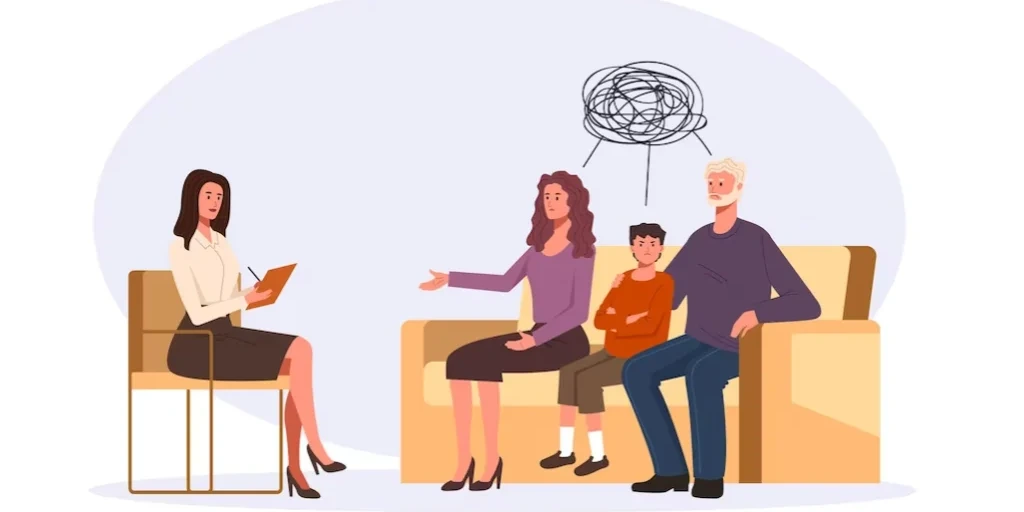24/7 Helpline:
(866) 899-221924/7 Helpline:
(866) 899-2219
Learn more about Inpatient Rehab centers in Boone County

Other Insurance Options

Magellan

Lucent

Magellan Health

Coventry Health Care

Covered California

State Farm

Health Partners

BlueShield

Access to Recovery (ATR) Voucher

Anthem

Sliding scale payment assistance

Amerigroup

Ambetter

Optima

Premera

Health Choice

UnitedHealth Group

UMR

Group Health Incorporated

American Behavioral

Rosecrance
Rosecrance is a private not-for-profit organization offering behavioral health services for children...





































Remedies Renewing Lives
Remedies Renewing Lives - North State Street is located in Belvidere, Illinois. Remedies Renewing Li...

Hiawatha Valley Mental Health Center
Hiawatha Valley Mental Health Center is a private rehab located in Caledonia, Minnesota. Hiawatha Va...





















































